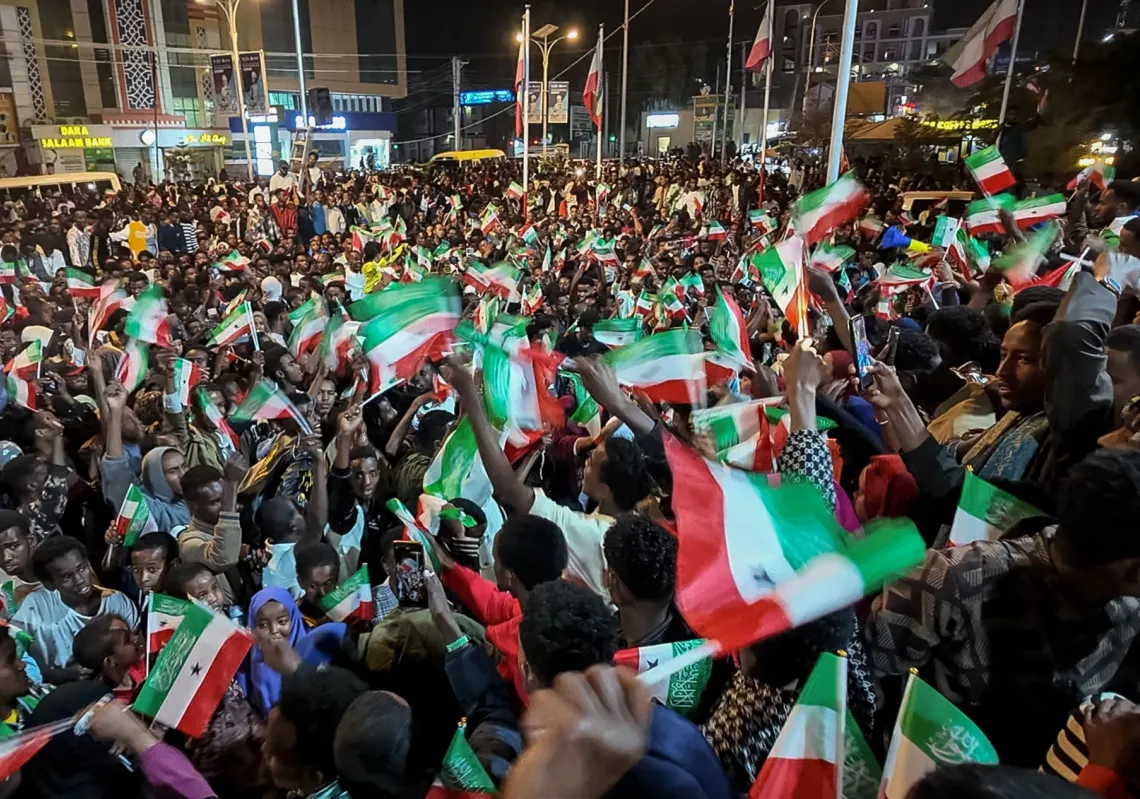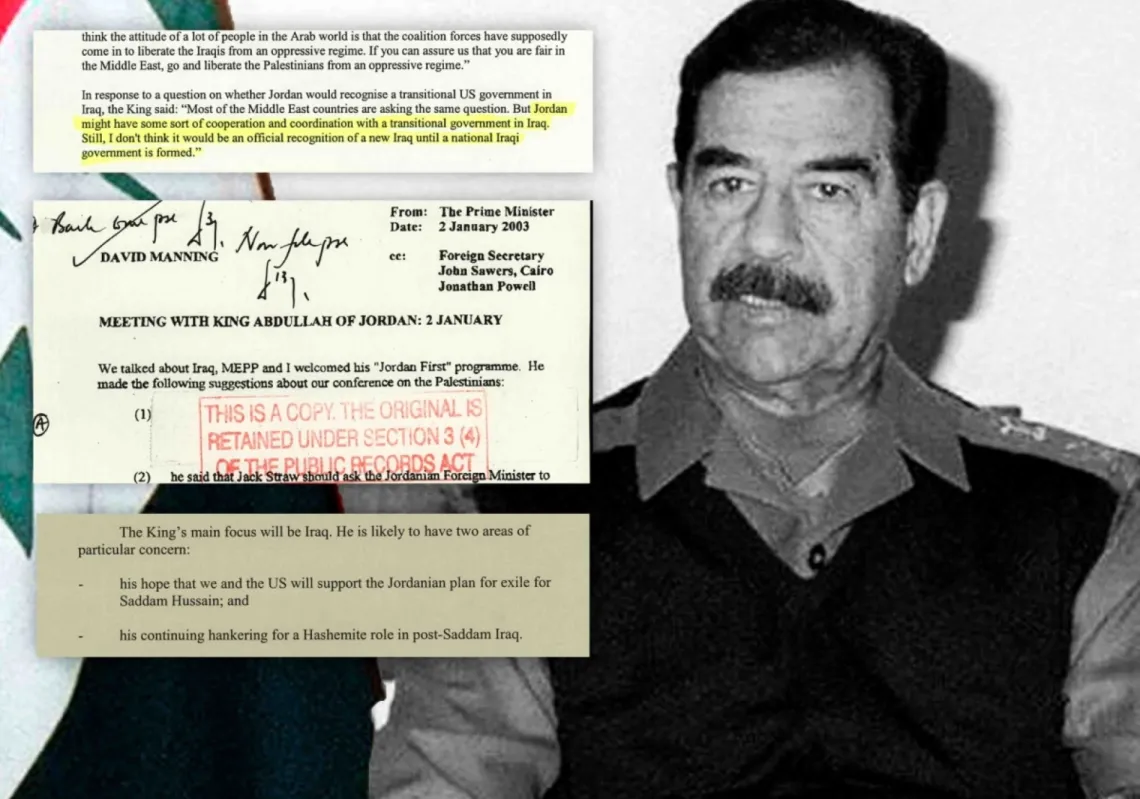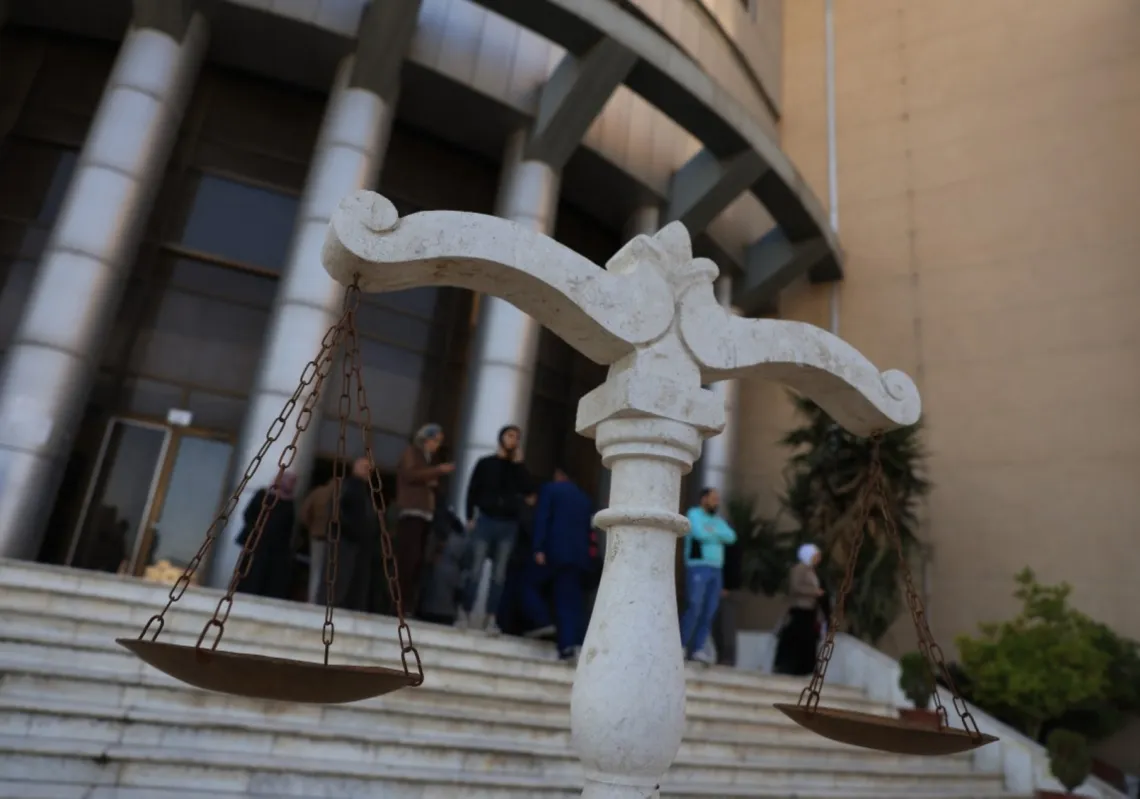So far, in the talks between Iran and the United States over Tehran’s nuclear program, President Obama hasn’t shown any sign that he is going to give Iran what it wants, namely, recognition of Iran’s right to enrich uranium, for peaceful uses, on its own soil. In public, at least, the Obama administration’s negotiators continue to demand that Iran suspend its enrichment program and shut down its centrifuges, following in the footsteps of the George W. Bush administration, which also insisted on a “zero enrichment” option.
However, according to insiders – including Americans who’ve taken part in unofficial, Track Two-style talks with Iranian officials in recent years – Obama’s negotiating team understands that for the talks to be successful, zero-enrichment won’t fly. Ultimately, they know that a deal with Iran will involve the acknowledgment of Iran’s nuclear rights in exchange for Iran’s willingness to provide complete transparency and oversight of its efforts by the International Atomic Energy Agency (IAEA).
That’s the win-win result that would allow both Iranian and American negotiators to claim victory in the talks. Iran could proclaim to its population that it had forced the West to accept its rights under the nuclear Nonproliferation Treaty, which Tehran has signed. And President Obama could tell the American public that he had forced Iran to accept iron-clad guarantees to prevent Iran from militarizing its nuclear research.
Problem is, getting from there to there involves a difficult diplomatic journey, one that is vastly complicated by domestic politics in both countries.
On October 1, following months of back-channel, secret diplomacy between Iran and the United States, the P5 + 1 and Iran made important progress. Not only did Iran agree to IAEA inspection of its previously undisclosed nuclear facility built into a mountainside near Qom, but Iran agreed to ship the bulk of its low-enriched, fuel-grade uranium to Russia and France where it would be reprocessed for use in a medical reactor.
Back in Iran, however, even that small victory caused an uproar. The deal was blasted by opponents of President Ahmadinejad, from hardliners such as Ali Larijani, the speaker of the parliament, to Mir Hossein Mousavi, the leader of the reformist opposition. Both leaders, for different reasons, saw the deal as an opportunity to score political points against Ahmadinejad, accusing him of selling out Iran’s interests to the United States. Soon, Iran was backtracking, seeking to make changes in what U.S. negotiators said was a final arrangement, and deal seemed near collapse.
In the United States, critics of Iran charged that Iran’s equivocation is proof that Tehran isn't negotiating seriously. Instead, they said, Iran is using the talks as a delaying tactic while plunging ahead toward building a bomb, and they demanded that Obama either stop talking to Iran or put a deadline on the talks before moving toward a more confrontational stance.
In fact, however, the flip-flops by Iran are the result of the Tehran regime’s shaky foundation. In the wake of the disputed June 12 election and the brutal crackdown and show trials that followed it, both Ahmadinejad and Ali Khamenei, Iran’s Leader, have been greatly weakened. Their legitimacy and authority are openly questioned by establishment figures, including former President Ali Akbar Hashemi Rafsanjani, and by much of Iran’s senior clergy, including several grand ayatollahs. The turmoil in Iran’s politics makes it hard for Tehran to move quickly toward even a limited accommodation with the United States.
Obama has so far ignored the pressure from U.S. hardliners. He’s publicly declared his willingness to given Iran more time. And Ambassador Glyn Davies, the U.S. representative at the IAEA, declared: “We want to give some space to Iran to work through this. It's a tough issue for them.”
Having made talking to Iran a signature theme of his presidential campaign in 2008, Obama will be reluctant to abandon it. And the reality is, despite the pressure from U.S. hardliners, including the powerful American Israel Public Affairs Committee, the dispute over Iran’s nuclear research is not a crisis. Though Iran has a small quantity of low-enriched uranium (LEU), it does not possess any bomb-grade, high-enriched uranium (HEU), and to turn LEU into HEU is a lengthy and laborious process that would have to occur in full view of IAEA inspectors.
Ultimately, if the United States is to be successful in the talks, it will have to secure a deal that involves Iran’s continuing ability to engage in processing uranium into fuel for peaceful uses. Last June, a week before Iran’s election, Senator John Kerry, the chairman of the Senate Foreign Relations Committee and a close adviser to President Obama, said that Iran indeed does have the right to enrich uranium under the NPT. That day, in Tehran, I was meeting with Ali Akbar Rezaie, the director general of the North American section of Iran’s foreign ministry. It isn't clear, he told me, whether the new U.S. administration is willing to make a fundamental break with the stance of George W. Bush. "President Obama didn't say that we have the right to enrich uranium. But he also didn't say that we do not have that right. It is not clear to us whether he omitted that point intentionally or not," Rezaie said, after analyzing Obama's June 4 speech in Cairo, in which the American president outlined his intention to rebuild U.S. relations with the Muslim world. "We do not know what is in his mind," said Rezaie.
Robert Dreyfuss – Independent journalist specializing in politics and national security. A regular contributor to Rolling Stone, Robert has written about about the War on Terrorism, the Iraq War and is author of the book “Devil’s Game”.








